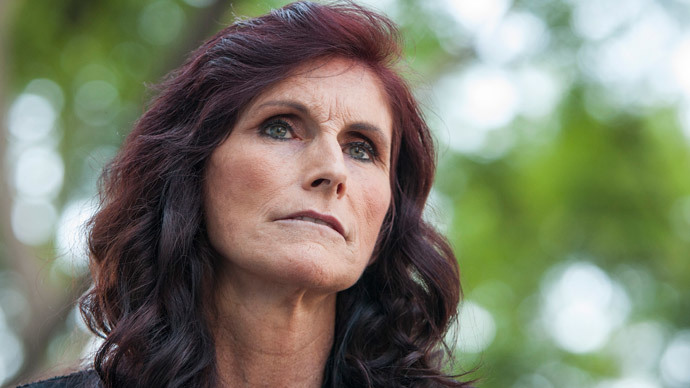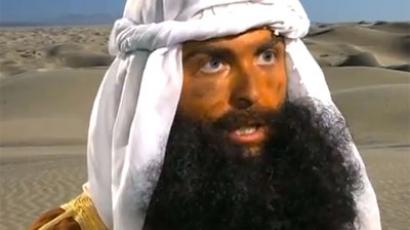Media heavyweights join fight against removing ‘Innocence of Muslims’ from YouTube

The Washington Post, National Public Radio, and a number of other influential media groups have filed a court brief supporting Google’s effort to keep a controversial film online, joining a fight over actors' rights and what constitutes censorship.
'Innocence of Muslims' was first uploaded to YouTube in 2012, sparking a wave of protests across the Middle East because of unfavorable depictions of the prophet Muhammad as a pedophile. The 14-minute film was controversial enough that the Obama administration first blamed the movie for being the driving force behind the US consulate attack in Benghazi, Libya that killed four Americans.
Pakistani lawmakers offered a reward for the assassination of the film's director, Mark Basseley Youssef, with actors who starred in the film reporting that they have had to go into hiding.
Cindy Lee Garcia, one of the stars of the movie, filed suit against Google (which owns YouTube) in an attempt to force the company to take the video offline. She said her copyright had been infringed upon because she did not know how the film would ultimately be used, and her words were overdubbed without her consent.
In a late February decision, the 9th US Circuit Court of Appeals sided 2-1 with Garcia, rejecting the company’s argument that the forcible removal of the video would violate Google’s right to free speech under the First Amendment. Instead, YouTube was given 24 hours to take the video offline and ordered to make every effort to prevent it from being uploaded in the future.
“Garcia was duped into providing an artistic performance that was used in a way she never could have foreseen,” wrote Chief Judge Alex Kizinski.
“The problem isn’t that ‘Innocence of Muslims’ is not an Arabian adventure movie: it’s that the film isn’t intended to entertain at all. The film differs so radically from anything Garcia could have imagined when she was cast that it can’t possibly be authorized by any implied license she granted.”
Google argued that setting such a precedent “would wreak havoc on movie studios, documentary filmmakers, and creative enterprises of all types by giving their most minor contributors control over their products.” The company also claimed “the First Amendment protects not just the right to express information, but to receive it.”
YouTube has since removed the video, but Google appealed to the entire 9th Circuit Court and will argue the matter again in the coming months. On their side is a plethora of media organizations including the Los Angeles Times, The EW Scripps Company, Advance Publications, California Newspapers Publishers Association, the First Amendment Coalition, and others.
The Reporters Committee for Freedom of the Press announced Thursday that a friend-of-the-court brief had been filed.
“By ordering the immediate suppression of a controversial video that has been the subject of widespread discussion over the last two years, based on the alleged copyright interest of one performer who appears in a few seconds of the film, the Panel’s decision poses serious risk to news organizations that extend far beyond this case,” the brief stated.
Facebook, Yahoo, eBay, and Adobe are among the companies that have previously filed similar court briefs. Netflix filed its own earlier this week, begging judges to consider the ramifications that ruling against YouTube could have in the future.
“Can a bit-part actor in ‘Gone With the Wind’ now seek an injunction...because he does not approve of the use of his performance in a piece of ‘Yankee propaganda?'” the streaming video company asked, as quoted by the Hollywood Reporter. “What about his heirs? And even if he signed some agreement in 1939 defining the scope of the license, what are the chances that the studio (to say nothing of Netflix) can lay its hands on it?”
The media groups warned that the situation is quite dire, saying the February decision “expands the concept of copyright ownership in a manner that could allow the subjects of news coverage to exercise veto power over unflattering broadcasts.”














